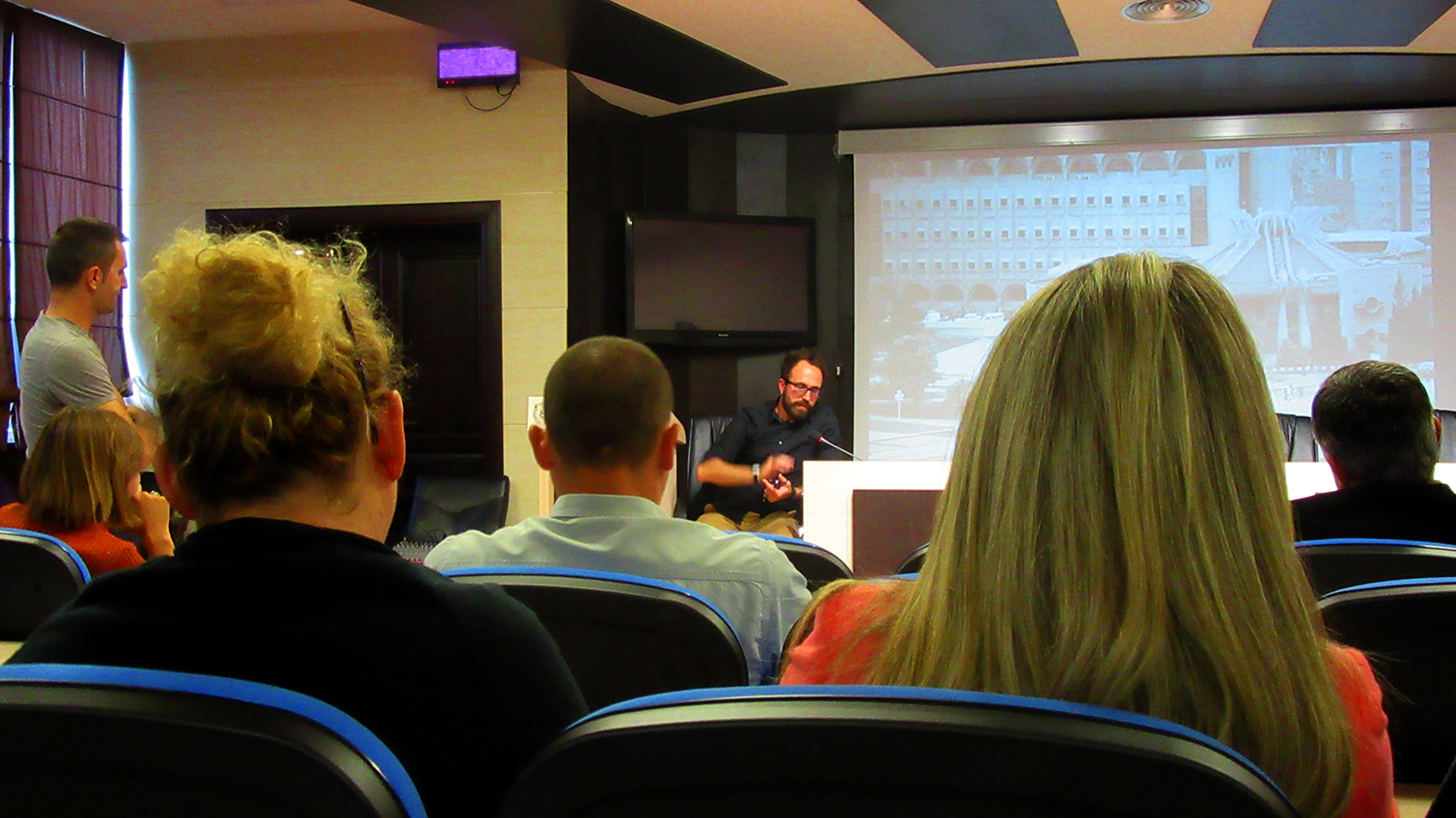Urbanization is the phenomenon of this century and for the first time in history, more than half the world’s population lives in urban areas. Between 2000 and 2030 in developing countries, the urban population is expected to double, and all built-up areas are designed to be tripled if the current trends continue on this way. This rapid transformation of spatial demographic could prove to be difficult for cities in developing countries, especially small and medium towns, where the capacity to cope with major urban challenges is usually insufficient. These challenges include climate change, natural resource scarcity, informal buildings or slums growth, disparities in economic development and efficiency of cities, security, etc.
Urban growth for Cities provides a synthesized approach and an analysis of policy-making. It will be explored in several ways, like: economic, philosophic and social forces. Different countries have different approaches to the alignment of policies, such as: policy development and urban regeneration; local economic development through interventions in transport, public squares, innovation and entrepreneurship, tourism, food and rural development, environment and natural resource degradation, etc.















